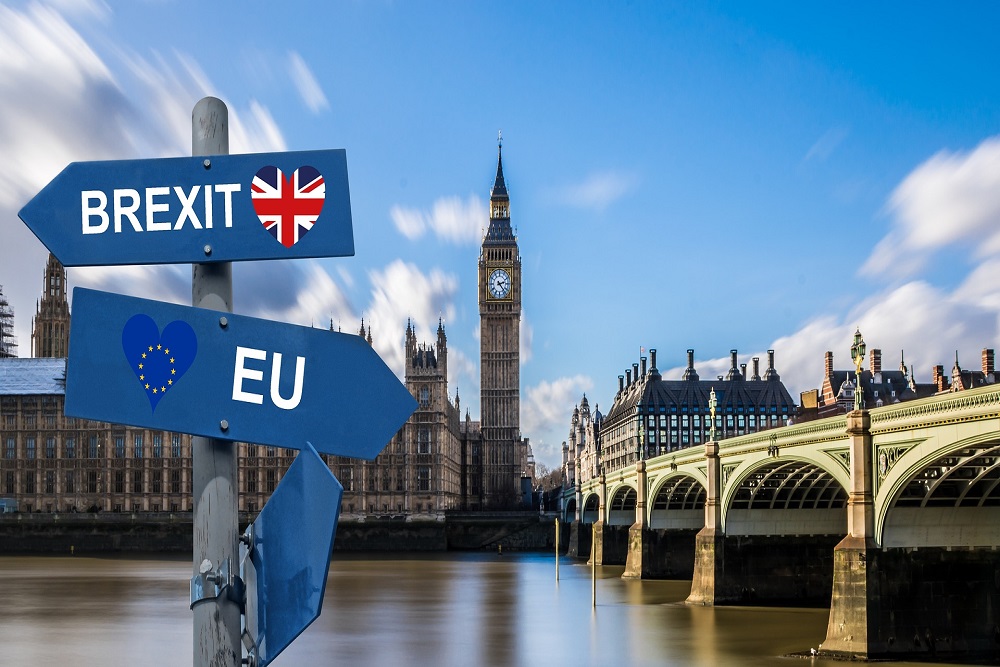Over the past several years, there has been a boom of Bitcoin and blockchain startups in London. Unfortunately, the increased insecurity coming with the prolonged Brexit negotiations can be a severe threat to the success of blockchain startups.
While the distress caused by Brexit can potentially increase the Bitcoin’s value, the effects of a no-deal exit might be catastrophic.
Bitcoin and blockchain startups are operating in somewhat of a grey area, as the legislation regarding the operation of such companies is still very vague. However, if a hard exit becomes a reality, as is the wish of the current British Prime Minister Boris Johnson, the consequences for these companies might be severe.
Brexit and blockchain startups
Blockchain startups are not going to be the only ones negatively affected by a no-deal Brexit. Recent statistics have already revealed that prolonged negotiations are affecting students’ desire to study foreign languages or travel abroad.
Unfortunately, blockchain startups might be the most significantly affected, as their ties with countries other than the United Kingdom are way stronger.
Bitcoin and blockchain enterprises are generally oriented towards a global market, which makes them dependent on the ability to trade and communicate with European and overseas countries without restrictions.
If a hard exit does become a reality, many of these blockchain startups will have zero justification for being based in London, as this will actually pose a disadvantage for them. Consequently, a large percentage of these companies are now considering moving abroad in order to save their business and professional connections.
In case you did not know…
The EU and the European Central Bank have struggled with high sovereign debt and collapsing growth in Portugal, Ireland, Greece, and Spain since the global financial market collapse of 2008.
The U.K. government announced it would hold a referendum to determine whether it would remain a part of the EU on June 23, 2016. The nation voted to leave the EU under what’s now called Brexit.
While officially scheduled for March 29, 2019, the Brexit plan has been challenged repeatedly by various coalitions of the U.K. Parliament. Currently, the EU and UK have agreed to delay Brexit until Oct. 31, 2019, while they revisit what might be done.







